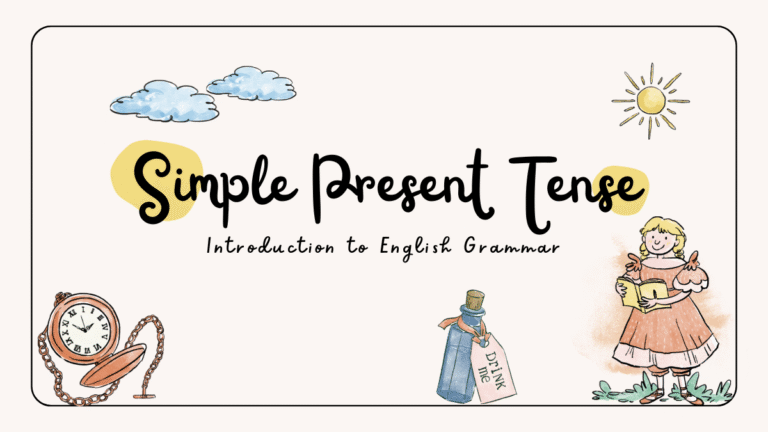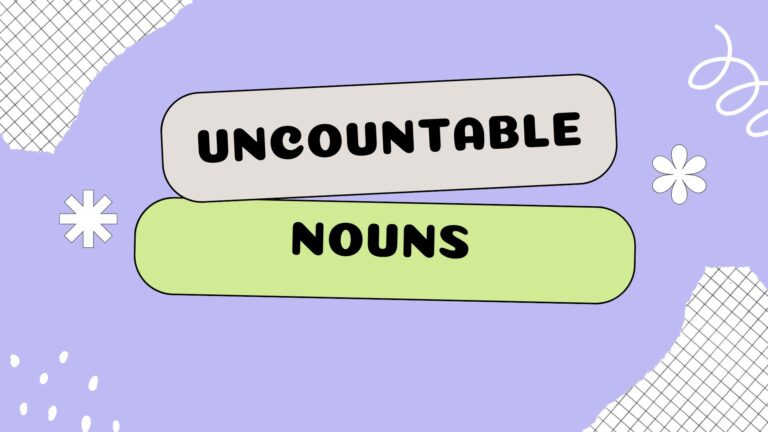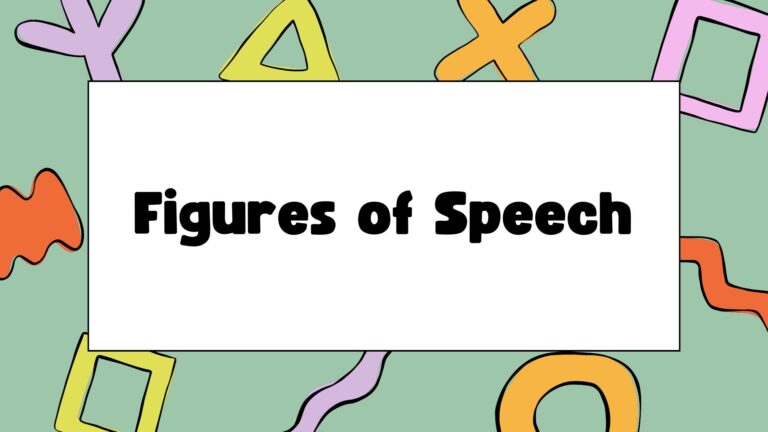When to Use Shall and Will – A Simple Guide
English learners often get confused between “shall” and “will.” Both words are used to talk about the future, but their usage depends on grammar rules, modern trends, and sometimes even regional preferences. In this post, we’ll break it down step by step with examples so you’ll never mix them up again.
Why “Shall” and “Will” Are Confusing
Traditionally, both words were used differently depending on the subject. However, in modern English, “will” is used far more often, while “shall” survives mostly in formal, legal, or British English. This shift creates confusion for learners, especially when reading older texts or legal documents.
The Traditional Rule
In older grammar books, the rule was:
- I / We → use “shall”
- You / He / She / They → use “will”
Examples:
- I shall go to school tomorrow.
- We shall arrive at 6 p.m.
- You will enjoy the movie.
- They will travel next week.
This was the correct way in formal English. But over time, this rule has faded in everyday use.
Modern English Usage
Today, the word “will” has become universal. Whether you are talking about yourself, others, or asking a question, “will” is the default word for the future tense.
Examples:
- I will call you tomorrow.
- We will go shopping later.
- He will help with the project.
In American English, “shall” is rarely used outside of formal contexts. In British English, you may still hear “shall,” especially in polite or formal speech, but “will” is still more common.
When to use Shall
Even though “will” is dominant today, “shall” still has important uses: There are some ways where it is explained when to use shall.
a) Offers and Suggestions
“Shall” is polite and formal when making offers or asking for suggestions.
- Shall we dance?
- Shall I open the window?
b) Legal or Official Language
In contracts, laws, or formal rules, “shall” shows obligation or requirement.
- “The tenant shall pay rent on the first of every month.”
- “All members shall abide by the rules.”
c) British English Formality
In British English, people sometimes use “shall” with “I” and “we” to sound polite, formal, or traditional.
- “I shall be there shortly.”
Examples in Sentences
Here are some examples showing the difference:
- I shall return by evening. (formal)
- I will return by evening. (modern / common)
- Shall we meet after lunch? (suggestion)
- You will succeed if you work hard.
- They shall follow the company’s policy. (legal)
- He will never forget this day.
- I shall always remember your kindness. (formal / emotional)
- We will visit Paris next summer.
- Shall I bring you some water? (offer)
- The contract shall remain in effect for one year. (legal)
Common Mistakes to Avoid
- Using “shall” too much in casual conversation → Sounds unnatural in modern English.
- Forgetting that “will” works everywhere → Safe choice for all future tense sentences.
- Mixing formal and casual contexts → “Shall” is better for official, polite, or legal writing, not daily chats.
Simple Tip:
- Use “will” in almost all everyday conversations.
- Use “shall” when making polite offers, suggestions, or in formal/legal writing.
Q1: Is “shall” outdated?
Not completely. It’s less common in daily speech, but still widely used in law, formal writing, and polite offers.
Q2: Do Americans use “shall”?
Rarely. In the U.S., “will” is standard, while “shall” is mostly legal language.
Q3: Is “shall” still taught in schools?
Yes, especially in British schools, but students are usually told that “will” is more practical in everyday use.
Conclusion
The difference between “shall” and “will” comes down to formality vs. common use.
- Use “will” for most future tense sentences.
- Use “shall” in polite offers, formal British English, or legal/official contexts.
Golden Rule: If you’re unsure, use “will.” It works everywhere.




